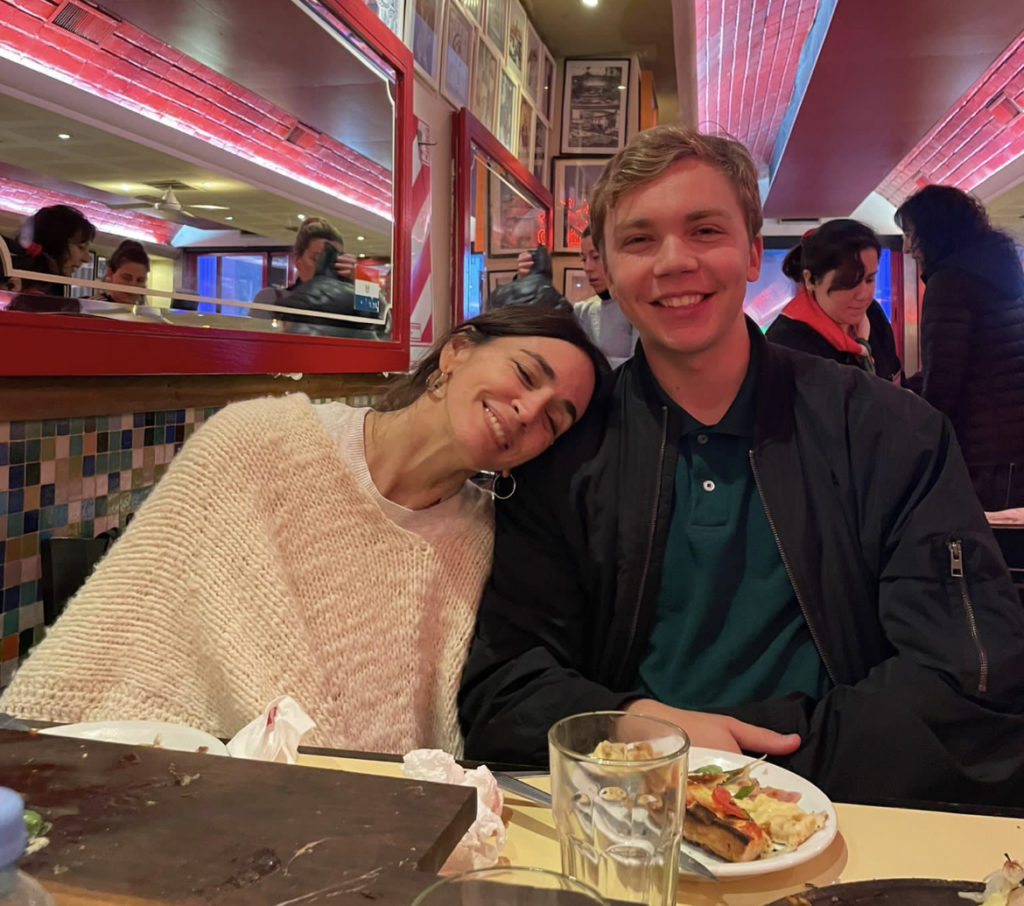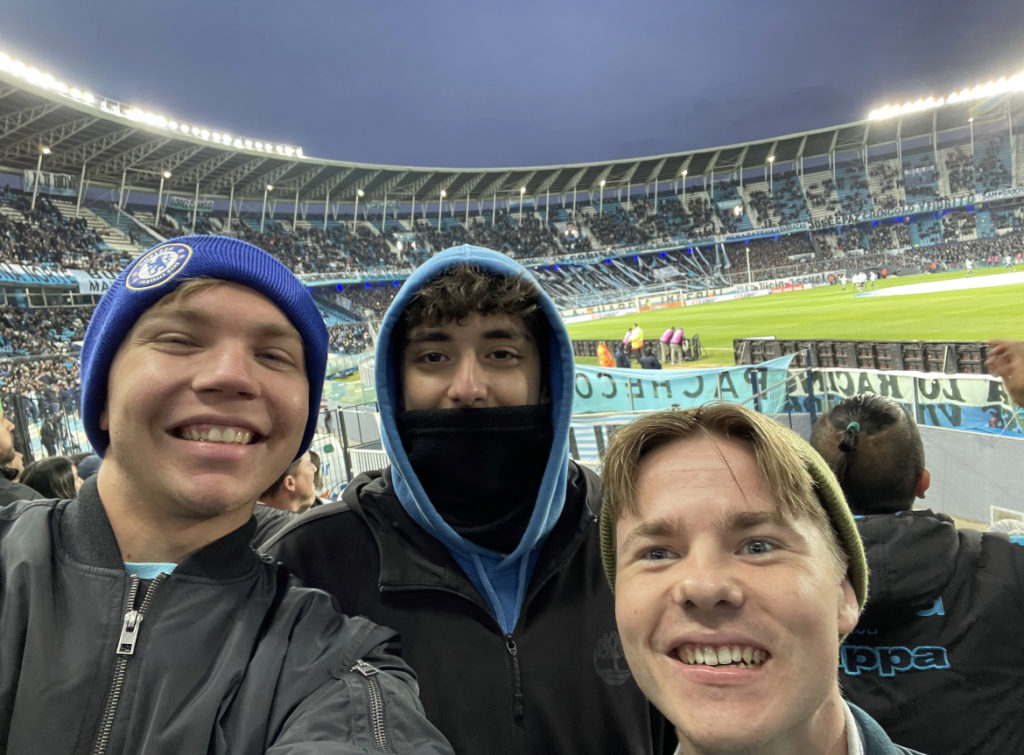I had an insightful interaction with a Brazilian cashier at a tourist shop in La Boca. When I first started talking to her, she seemed somewhat relieved at my accent and jokingly expressed her embarrassment that her Castillian Spanish was not as good as mine. She told me that learning Spanish when Portuguese is your first language is not that difficult, but requires motivation and frequent practice. Due to the similarities between the two languages, it can be easy to lose motivation to speak the other language, since many native Portuguese speakers can understand Spanish with little difficulty and vice versa. She also explained to me that Argentine slang words are hard to pick up and apply to her everyday conversations. However, the same can be said about Brazilian slang. And, while she does love Argentina and the people she has interacted with since she started living here, she has a strong sense of national pride for her home country, Brazil.
The second person I talked to was Juana, a young woman from Venezuela. She moved to Argentina a year ago to pursue an education in nursing. She also expressed frustration at the distinctness of Argentine slang and joked that people in Buenos Aires can tell that she is foreign almost instantly. She lives in Recoleta, a neighborhood in Buenos Aires known for attracting people from all around the world, so she admitted that she does not feel out of place in Argentina. However, she did say that outside of Recoleta and in other neighborhoods, she feels like more of an outsider. At one point she and her mother were walking in La Boca and were ridiculed by a group of Argentine teenagers for the way they looked. Aside from this disturbing experience, Juana felt very comfortable being Venezuelan in Argentina.

